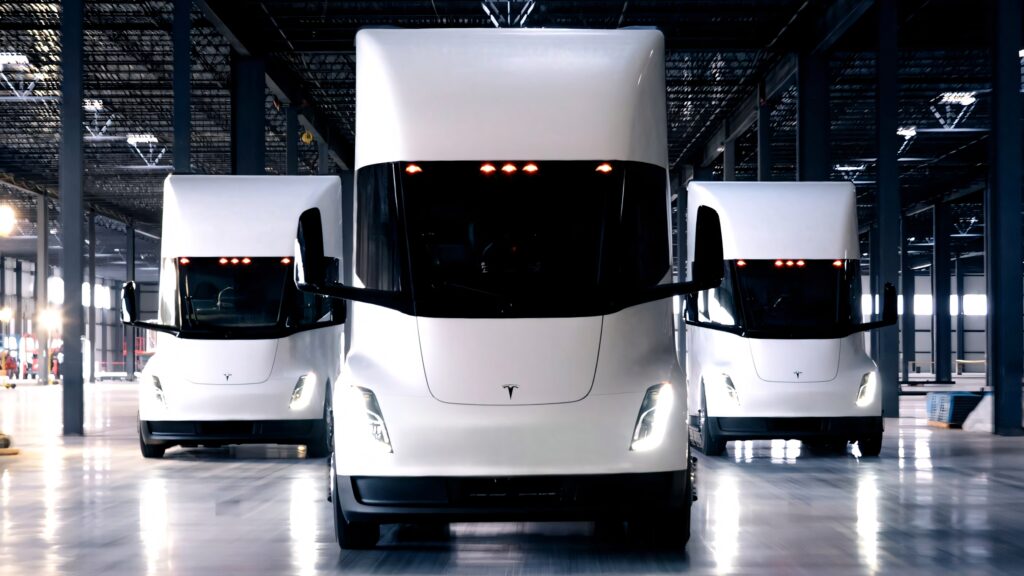The state is also considering changes to its current light-duty autonomous vehicle regulations

- California proposes updating its autonomous vehicle rules to expand and tighten testing standards.
- New rules could allow heavy-duty trucks to test fully autonomous systems on California highways.
- Light-duty testers would face stricter data reporting requirements and updated validation protocols.
California just decided that it wants to update its autonomous vehicle (AV) regulations. If the changes it proposed go through unchanged, it’ll allow for AV companies to test heavy-duty trucks in the Golden State. It’ll also mean that all self-driving vehicle testers will have more data to submit to the state. This all comes just as the Trump administration is making it easier for companies like Tesla to get cars on the road.
The California DMV has been working on autonomous vehicle rules and regulations for almost a decade. They have changed a few times, and these latest updates seem relatively mild and progressive. While the state has been well known for allowing companies like Waymo to test driverless taxis, it has never given the green light to big rigs. That might be about to change.
More: Tesla Quietly Launches Robotaxi Rideshare App For Employees
One of the biggest changes in the new proposal would allow semis and other heavy-duty self-driving vehicles, meaning anything over 10,001 pounds, to begin testing in California. They would have to have a DMV-approved permit just like the ones light-duty AVs already do, and conduct at least 500,000 miles of testing. These vehicles would be strictly limited to specific highways, too.
Regulators also pointed out that heavy-duty autonomous vehicles are already being tested in Arkansas, Texas, and Arizona, so in many ways, California is just trying to catch up.
This isn’t the only proposed change, though. Light-duty self-driving cars, like Waymo’s taxi and Tesla’s upcoming Cybercab would have to initially hold a permit to test with a safety driver in the vehicle. From there, they’d apply for additional driverless testing permits as they complete each phase of validation. In total, they’d need to complete 50,000 miles of testing. In addition, the regulations would increase the frequency and breadth of reporting from AV makers to the government.
Speaking to CNBC, a spokesperson for California DMV said the proposed regulations “offer the nation’s most comprehensive rules for the operation of autonomous vehicles and underscore the DMV’s commitment to enhancing public safety, fostering innovation, and establishing a robust framework for AV technology testing and deployment.”
Of course, all of this comes as the Trump administration is changing federal rules surrounding crash reporting for autonomous vehicles. The release of the proposed regulations is the start of a 45-day period during which the public and private companies can comment on the proposal. The state is going to have a public hearing on June 10 to discuss it further.
#California #Thinks #Driverless #Big #Rigs #Great #Idea #Possibly #Wrong


